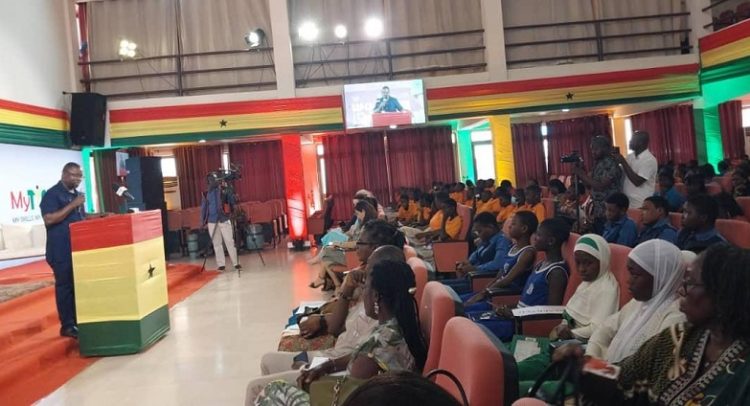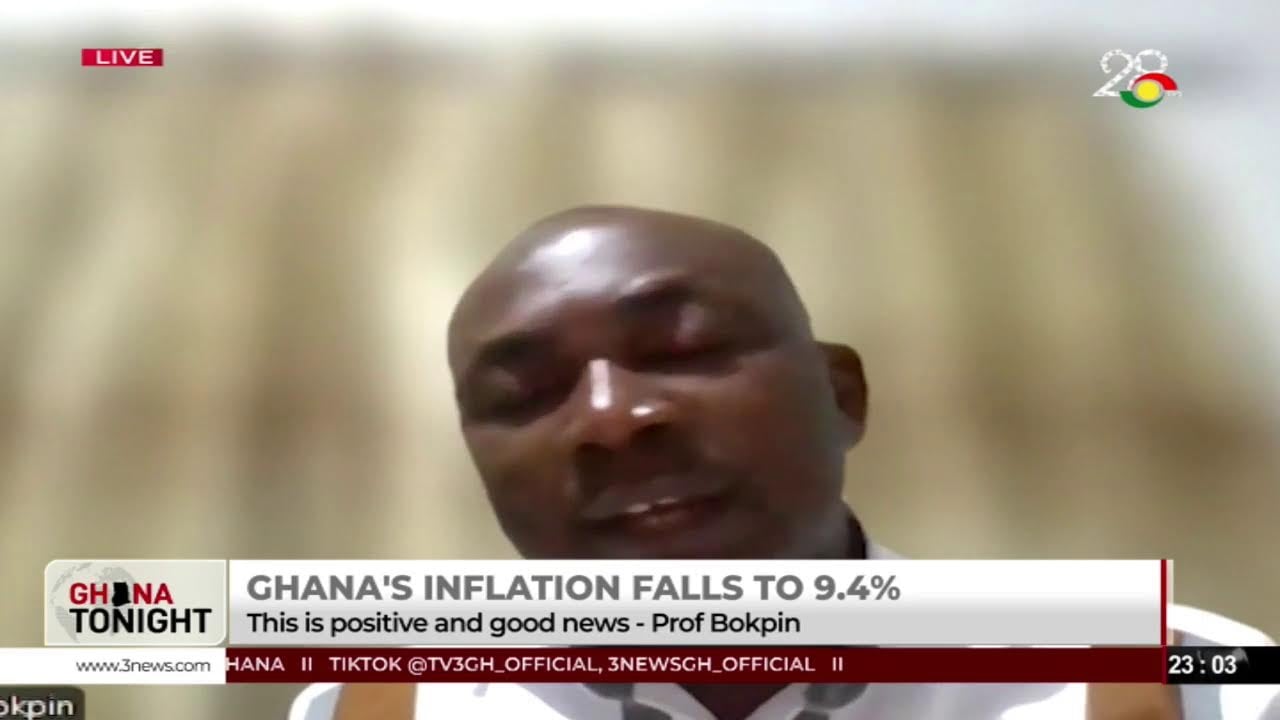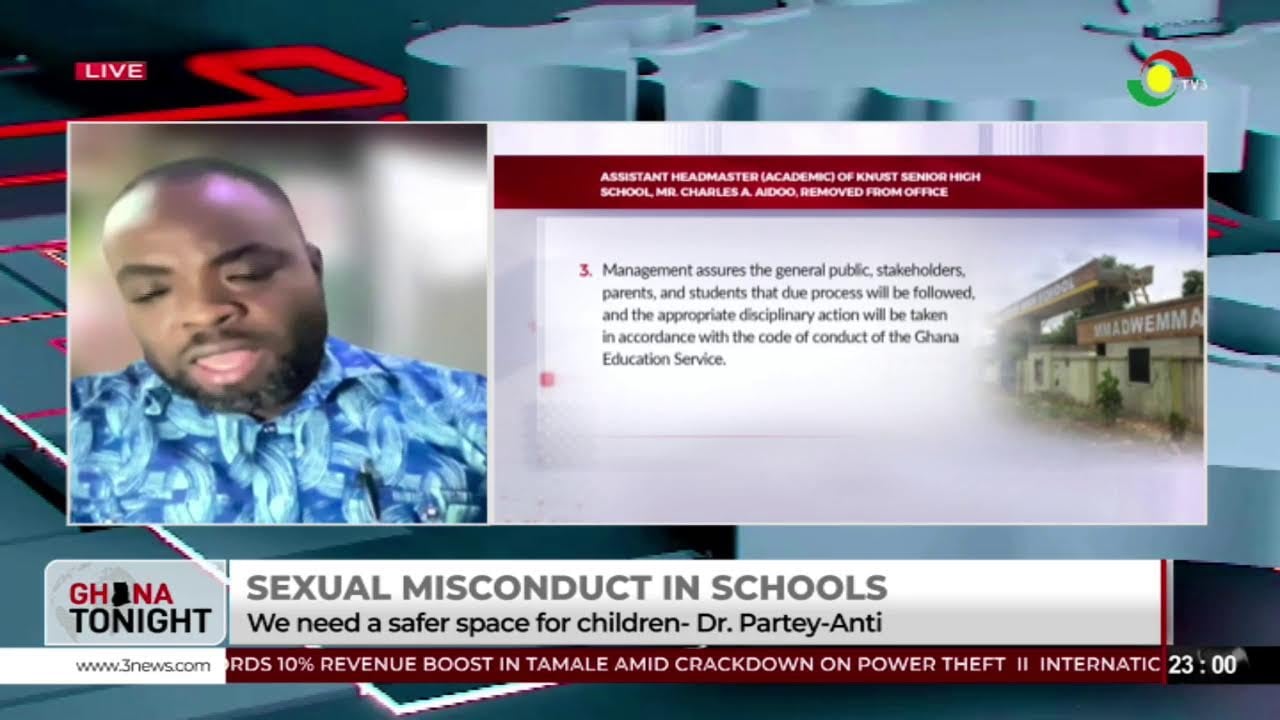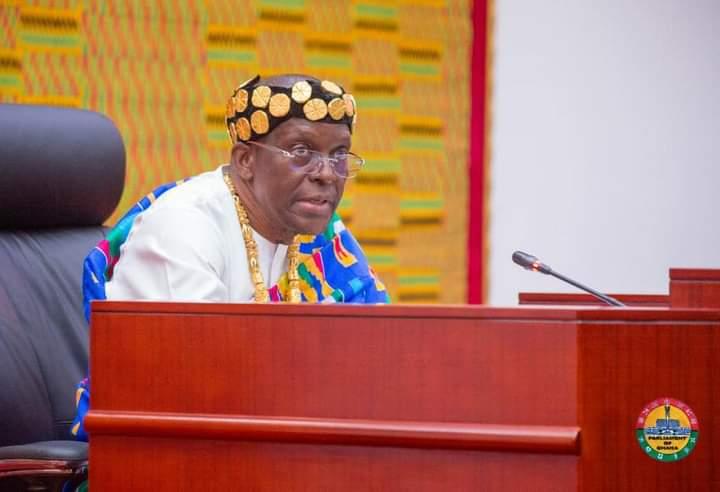
Since power generation accounts for about 65 percent of total cost in the electricity value chain, cutting costs, improving efficiency and delivering better value for consumers is the ultimate objective in bringing about a respite for both the state purse and consumers at large.
It is to this end that parliament introduced a legislative instrument (LI 2508) mandating all power purchase agreements (PPA) must go through competitive bidding to promote transparency.
The new law – the Energy Commission (Planning and Competitive Procurement of Additional Electricity Generation Capacity) Regulations, 2025 (L.I. 2508) – was gazetted last week and aims to enhance transparency, reduce electricity costs and attract private sector investment.
The Minister of Energy and Green Transition, John Abdulai Jinapor, noted that competitive bidding will not only ensure value for money but also unlock innovation and greater private sector participation.
The new legislative instrument comes on the backdrop of a ballooning energy sector debt now at about US$3.1billion.
In addition, the ministry is working with international partners – including the World Bank, African Development Bank and Energy for Growth Hub – to standardise power purchase agreements (PPAs), build local capacity in PPA design and negotiation, ensure fair and balanced returns for investors and deliver high-quality electricity at competitive prices.
Industry experts estimate Ghana’s energy sector debt exceeds GH¢80billion, much of it arising from idle capacity payments to independent power producers (IPPs) under agreements signed without corresponding demand.
Therefore, addressing inefficiencies in electricity generation is critical to resolving Ghana’s ballooning energy sector debt and tariff pressures. The minance ministry reported outstanding energy debt of US$3.1billion at end-March 2025 and estimates another US$3.7billion is needed to clear arrears.
Without corrective action, cumulative sector deficits could exceed US$9billion next year. Although Ghana exports electricity surpluses, the structural debt continues to weigh on public finances and remains one of the country’s main economic challenges.
The ballooning energy sector debt has long been a significant financial challenge, placing immense pressure on state utilities and posing a threat to the country’s economic stability. It is therefore crucial to strengthen efficiency and enhance collection rates in the energy sector.
The post Editorial: Reducing revenue loss in Energy appeared first on The Business & Financial Times.
Read Full Story
























Facebook
Twitter
Pinterest
Instagram
Google+
YouTube
LinkedIn
RSS